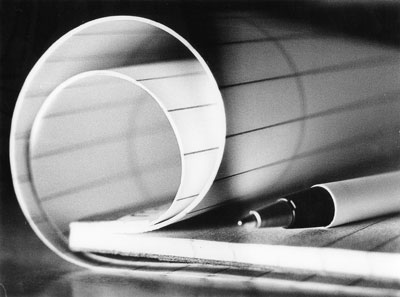All Nonfiction
- Bullying
- Books
- Academic
- Author Interviews
- Celebrity interviews
- College Articles
- College Essays
- Educator of the Year
- Heroes
- Interviews
- Memoir
- Personal Experience
- Sports
- Travel & Culture
All Opinions
- Bullying
- Current Events / Politics
- Discrimination
- Drugs / Alcohol / Smoking
- Entertainment / Celebrities
- Environment
- Love / Relationships
- Movies / Music / TV
- Pop Culture / Trends
- School / College
- Social Issues / Civics
- Spirituality / Religion
- Sports / Hobbies
All Hot Topics
- Bullying
- Community Service
- Environment
- Health
- Letters to the Editor
- Pride & Prejudice
- What Matters
- Back
Summer Guide
- Program Links
- Program Reviews
- Back
College Guide
- College Links
- College Reviews
- College Essays
- College Articles
- Back
A Guide to a Writer's Words
The problem for a writer often comes down to words. For a writer, awesome means more than just cool or nice or simply entertaining. Awesomeness is an overwhelming feeling of awe, inspiring great admiration, to fear. So if you call a writer awesome, it is a compliment more than you may realize.
The same is true for hundreds of other words, so watch yourself carefully if you compliment a writer. If they’re great, they are of huge power, intensity, and, perhaps, goodness. And incredible, oh my, well thats just unbelievable. I’m so amazing that it is almost impossible to believe? Really? I don’t think so.
A Writer’s Job:
For a writer, it becomes a necessity of the trade to know the meaning of every word, its exact meaning, and then perhaps bend that word to one’s own use. A word, for a writer, is what makes the difference between good and great. Let me ask you. Is greatness good? Now you see.
So watch what words you use around a writer, because they can take them more literally than you might want them to be taken. Beauty is pleasurable, but being pretty is just pleasing. So be careful what you say.
If I am strong that means so much; I can be great in so many ways within that word. And I can be ugly in more than my looks. Intelligence is nice to have, better than being stupid. You oftentimes can’t change those states. Believe me, if a writer calls you ignorant, you’re more intelligent than if you’re stupid. Call a writer mean, and they will feel the sting. I’m sure they think you thought them more nasty and selfish than you intended.
So if you’re talking to a writer, be careful with your words. You may see them differently than what they are. But writers, they keep tabs. They watch and study different words, and use them all the time, for deeper feelings than your own. So watch yourself. Good or great? Be careful, there, friends.
A Word to Watch for:
Oh, I almost forgot the most important word: Love. You love it, do you? Really, do you? If you use the word love around a writer, watch yourself even closer. Love is profound. ‘Profound?’, you ask. ‘What is it about that I need to know, exactly?’ (Well maybe if you’re a writer, you don’t care). Profound starts in the depths of a person, and is as deep in meaning as you can go. So love is profound. Profound what? Profound affection. Affection as deep as the depths of a human’s person. The farthest you can reach. So careful when you say ‘I love you’, you better mean it.
In Conclusion, Don’t Worry:
I know it might be a little concerning, and you might be worrying now. How do I lessen my affection? Well, use the right word, friend. I know that doesn’t help, but let me tell you something that will lessen your concern:
When a writer says that you’re awesome or amazing, or beautiful and strong, they mean it in its purest form. They really think you overwhelm, or feel profoundly connected you, to say ‘I love you’. So if you hear this from a writer, you know the meaning of their words.

Similar Articles
JOIN THE DISCUSSION
This article has 0 comments.
